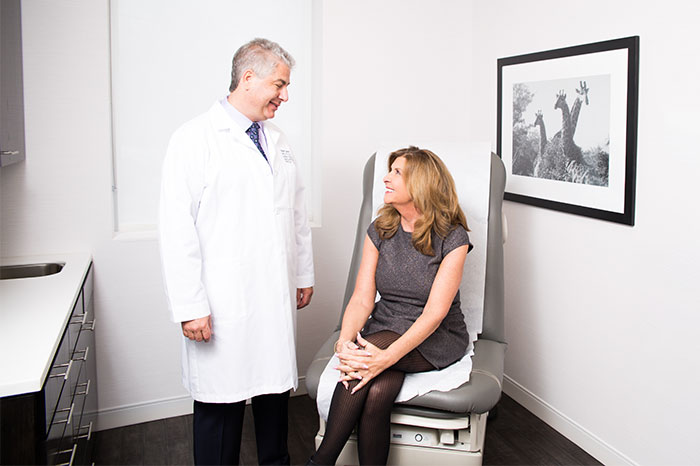As with any surgery, there are some risks associated with Laparoscopic Sleeve Gastrectomy Surgery. In any operation, there’s always a risk for infection, excessive bleeding, damage to organs near the site of the surgery, and complications linked to other health problems. Your surgical team takes every possible precaution to prevent these kinds of complications.
In a study published in the journal, BMC Surgery, researchers followed 117 patients who received Laparoscopic Sleeve Gastrectomy. While most surgeries were successful and complication-free, researchers identified a few health risks specifically associated with Laparoscopic Sleeve Gastrectomy surgery which include:
Leakage along the staple line – About 1.7 percent of patients in the study developed a leak along the staple line where the small portion of the stomach was sealed. This problem is corrected with a follow-up procedure to close the leak.
Internal bleeding – Five percent of patients experienced significant internal bleeding during surgery that required a blood transfusion.
Abscess on the abdominal wall – Less than one percent of patients in the study developed an abscess on the abdominal wall or lining of the stomach after surgery. The problem is typically treated by draining the abscess with a syringe and with prescription medications.
Acid reflux disease – One of the most common problems patients experience after Laparoscopic Sleeve Gastrectomy surgery is acid reflux. Researchers found that about 14.6 percent of patients developed gastroesophageal reflux disease. It’s typically treated with dietary modifications and medication.

